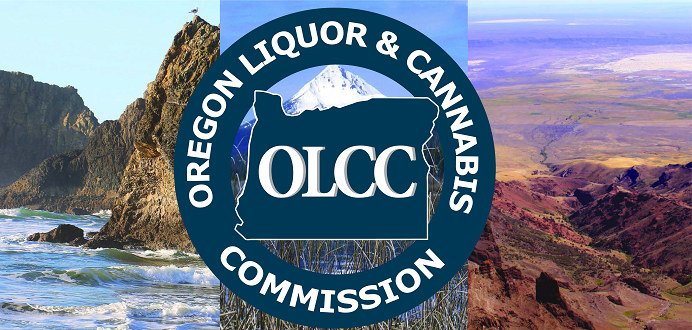OLCC, ODA inspectors find high levels of THC in some S. Oregon hemp grows

PORTLAND, Ore. (KTVZ) -- Results from inspections of legal hemp farms in Southern Oregon show that a significant number of plants on those grow sites tested positive for excessive levels of THC, the psychoactive component found in cannabis, the Oregon Liquor and Cannabis Commission was told.
The commission learned about the results of “Operation Table Rock” during their monthly meeting a week ago.
OLCC Executive Director Steve Marks also informed the commission that OLCC staff will recommend extending the existing legislatively approved moratorium on issuing new recreational marijuana producer licenses to the commission, Oregon Legislature and the governor. Commissioners also approved penalties in five stipulated settlements for violations committed by recreational marijuana licensees.
Operation Table Rock, an effort involving OLCC, the Oregon Department of Agriculture and other state and local government agencies, began last July in Josephine and Jackson counties after the Oregon legislature passed HB 3000 and Governor Kate Brown signed it into law. OLCC and ODA inspectors randomly sampled plants to determine whether hemp growers were actually growing hemp or marijuana.
Preliminary test results confirmed that a substantial number of hemp growers were producing crops with higher than acceptable THC levels. Through mid-September inspectors from OLCC and ODA had inspected 316 ODA registered hemp grow sites in southern Oregon.
Test results from 212 sites showed that 58% of the samples tested positive for THC (114 tested positive and 98 tested negative); the highest sample tested at 32.9% THC. The OLCC is awaiting test results from samples taken from 20 additional sites. Of the remaining sites inspectors visited: 59 had no crop growing, nine locations were growing cannabis, and inspectors were denied entry at the remaining 16 locations.
In addition to the testing of cannabis plants, the OLCC observed instances of illegal water diversion, unfit workplace conditions, and animal abuse; the OLCC referred those cases to the authorities responsible for those matters.
Southern Oregon residents, lawmakers, and OLCC recreational marijuana licensees have voiced concerns that the illegal hemp and marijuana production has disrupted their communities, degraded the environment, and jeopardized legitimate cannabis business activity.
“If we want to build this (legalized marijuana) sector as a major part of our economy, which we and our licensees have put enormous effort and capital into and if we want to participate in interstate (cannabis) commerce, we’ve got to have a system that is legal, so there’s control,” said Steve Marks, OLCC executive director. “Right now, we’ve done a good job, and through no fault of our own, or our licensees, the impacts are pretty dire.”
The OLCC plans to share its findings from Operation Table Rock with legislators. The agency also intends to recommend that the Legislature and governor continue the existing moratorium on production licenses for two more years, into 2024.
“You just need to look at the drought conditions in Southern Oregon and the intense water issues that everyone is dealing with across the agricultural landscape down there, to recognize that now is not the time to be expanding that,” said Marks. “We have plenty of (regulated] supply in Oregon. Quite frankly, the illegal supply is depressing the markets and the wholesale price, even within our system.”